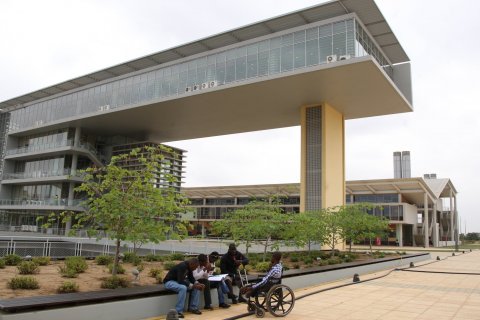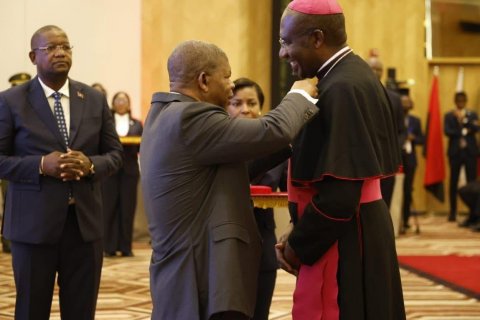IASED recalls that Angola is a signatory to the principles and guidelines of the Southern African Development Community (SADC), which establishes that electoral management bodies must be "impartial, professional, independent and competent, and that the commissioners who form part of them must be distinguished and non-partisan".
In a statement sent to Lusa this Wednesday, based on the recent ruling of the Constitutional Court (TC), which disapproved of the UNITA party's action regarding the composition of the CNE, IASED states that this body confirmed that the CNE is composed based on party quotas and its composition reflects the proportional representation of the parties with seats in parliament.
According to the non-governmental organization, the TC's reasoning and current practice in Angola demonstrate a material contradiction with SADC standards, because, instead of non-partisanship, the composition of the CNE "is explicitly and formally determined by quotas of political parties".
The current configuration of the CNE "weakens institutional independence and impartiality", since, with the majority of members representing political parties, the public perception and reality of the neutrality of the electoral administration are at risk".
This composition of the electoral entity reflects a "violation of the criterion of merit and technical competence: the logic of party nomination does not, in itself, ensure that commissioners are selected based on criteria of technical competence and professional merit", it says.
On the other hand, it also reflects a "misalignment with Angola's international commitment as a member state of SADC", the note emphasizes, recalling that Angola, as a signatory to SADC standards, has the duty to conform institutional practices to the regional principles to which it subscribed.
"This mismatch compromises the credibility of the electoral processes and may serve as a basis for international and national questions about the integrity of the elections", the document, signed by executive director Luís Jimbo, also says.
The TC rejected the two requests presented by the parliamentary group of the National Union for the Total Independence of Angola (UNITA) on the composition of the CNE, paving the way for the appointment of new members by the National Assembly.
The TC's advisory judges dismissed the claims of the largest opposition party – which filed a precautionary measure and an action to challenge the distribution of commissioners in the CNE approved by the MPLA's parliamentary majority, in two separate rulings that Lusa consulted.
In the first, regarding the precautionary measure that UNITA filed to try to suspend the vote on the parliamentary resolution on the composition of the CNE, the court declared the action dismissed due to "supervening uselessness of the dispute", since the resolution had been voted on in the meantime.
In the second, the plenary of the court unanimously rejected the action to challenge the resolution that sets the number of members of the TRE per party or coalition, considering that "there is no violation of the Constitution and the law".
The decision in question allocates nine seats to the Popular Movement for the Liberation of Angola (MPLA), four to UNITA and one representative appointed by each of the other three parties with seats in parliament: Social Renewal Party (PRS), Humanist Party of Angola (PHA) and National Front for the Liberation of Angola (FNLA).







